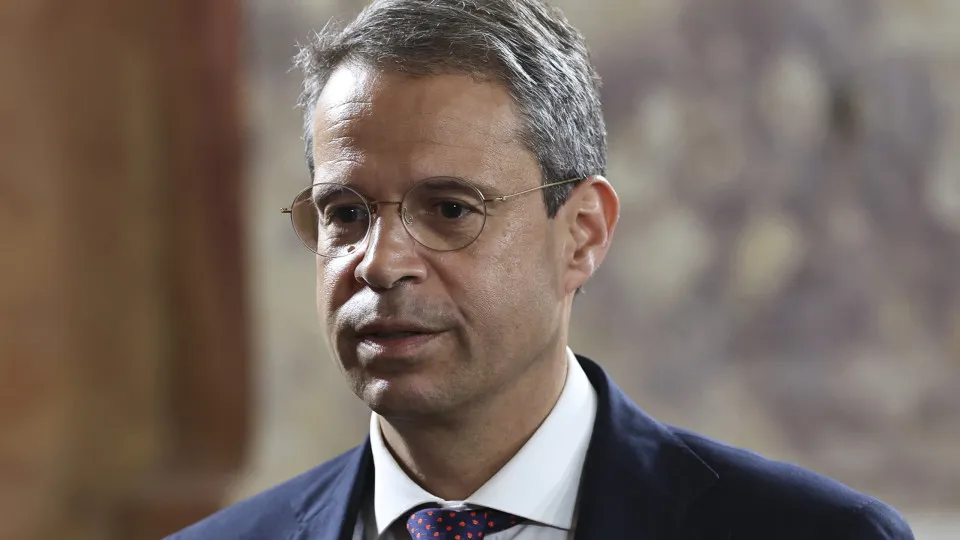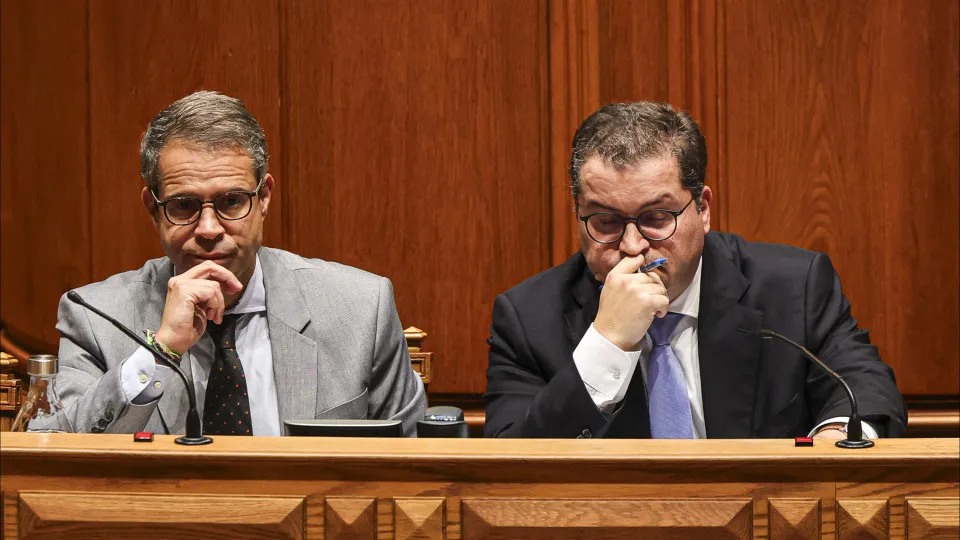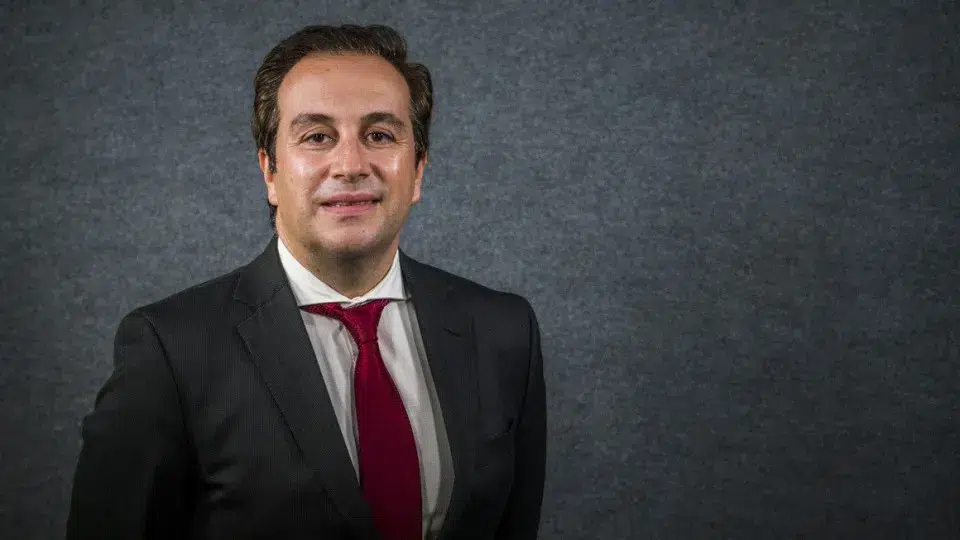
In his initial remarks on the first day of the debate on the 2026 State Budget (OE2026), José Maria Brandão de Brito emphasized that “Portugal is already a reference in Europe in terms of budgetary performance” and will increasingly be so in terms of economic growth. He highlighted the upgrade of the Portuguese sovereign debt rating by several credit rating agencies, labor market data, and economic growth “above the European average.”
However, “Portugal continues to have an active budgetary constraint, determined by the high public debt weighing on the country,” stated the Secretary of State for Budget, noting that “this context,” combined with the substantial concentration of PRR loans, leaves no room for accommodating new proposals for changes to OE2026, “unless” there is a desire to return to the “past” of deficits, he warned.
According to the Secretary of State, for this to happen, “it is enough” for “three proposals to reduce the VAT rate” to be approved.
“One for solar panels, heat pumps, etc., which costs more than 100 million euros; another for pet food products, which costs more than 80 million euros; and another for veterinary medical acts, which costs more than 180 million euros,” he argued.
The “financial demand” imposed by the implementation of the PRR “makes the budgetary space for 2026 very narrow,” he warned, urging parliamentary groups “not to distort the budget proposal submitted by the Government.”
In his address, Brandão de Brito also argued that this is a “good Budget,” which “continues to strengthen the budget allocation of the various public services,” “accommodates” the enhancement of Public Administration careers, and “reflects a clear vision and an unequivocal ambition for the economy and the country.”
The proposal was approved in general on October 28, with favorable votes from PSD and CDS-PP, abstentions from PS, PAN, and JPP, and against votes from Chega, PCP, IL, Livre, and BE. The final global vote is scheduled for November 27, following the specialty votes that begin today.




